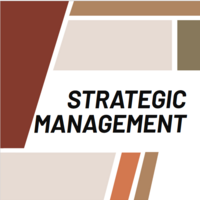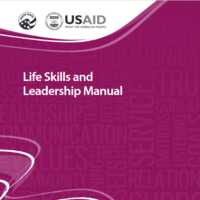Search
Books+
Searching 1,73 books
Search related to the career Logistics Coordinator
How to Become a Logistics Coordinator
Educational Requirements:
To become a logistics coordinator, you typically need a high school diploma or equivalent. However, some employers may prefer candidates with a bachelor's degree in logistics, supply chain management, business administration, or a related field.
Gain Relevant Experience:
While not always required, gaining experience in the logistics field can be beneficial. Consider internships, entry-level positions, or volunteering opportunities in logistics or supply chain management to develop practical skills and industry knowledge.
Develop Key Skills:
To excel as a logistics coordinator, you should possess the following skills:
- Organizational Skills: Ability to manage multiple tasks, prioritize work, and meet deadlines.
- Communication Skills: Strong verbal and written communication skills to interact with suppliers, customers, and team members effectively.
- Problem-Solving Skills: Aptitude for identifying and resolving logistical issues efficiently.
- Attention to Detail: Ability to pay close attention to accuracy and ensure all logistical processes are executed correctly.
- Computer Skills: Proficiency in using logistics software, spreadsheets, and other relevant tools.
Obtain Certifications:
While not mandatory, certifications can enhance your credibility and job prospects as a logistics coordinator. Consider pursuing certifications such as:
- Certified Supply Chain Professional (CSCP) offered by APICS (Association for Supply Chain Management).
- Certified Professional in Supply Management (CPSM) offered by the Institute for Supply Management (ISM).
- International Society of Logistics (SOLE) offers various certifications related to logistics and supply chain management.
Networking:
Build a professional network by attending industry events, joining logistics associations, and connecting with professionals in the field. Networking can provide valuable insights, job opportunities, and mentorship.
Apply for Logistics Coordinator Positions:
Search for job openings in logistics companies, transportation firms, manufacturing companies, or any organization that requires efficient coordination of goods and services. Tailor your resume to highlight relevant skills and experience, and prepare for interviews by researching common logistics coordinator interview questions.
Continuing Education:
To stay updated with industry trends and advancements, consider participating in workshops, seminars, or online courses related to logistics and supply chain management.
Remember, the specific requirements and qualifications may vary depending on the employer and location. It's always beneficial to research the job market and requirements in your area to increase your chances of becoming a logistics coordinator.
Source: Various AI tools
Uongozi
Books tagged leadership
Vocational skills
Ujasiriamali
Books tagged entrepreneurship
Jifunze kiingereza
Uchumi
Books tagged economics
Computer science
Searched in English.
















































